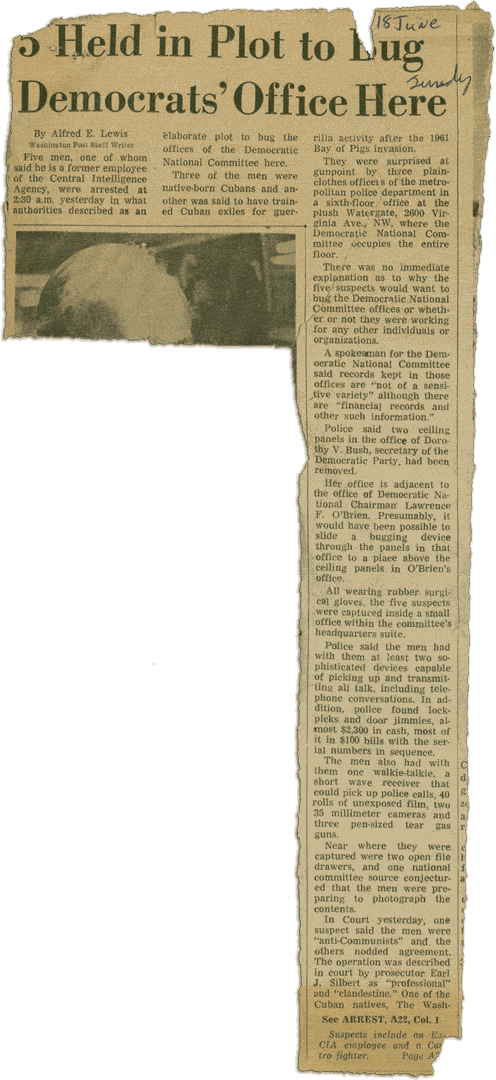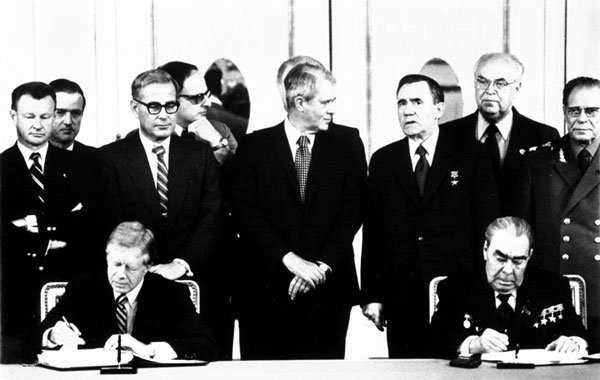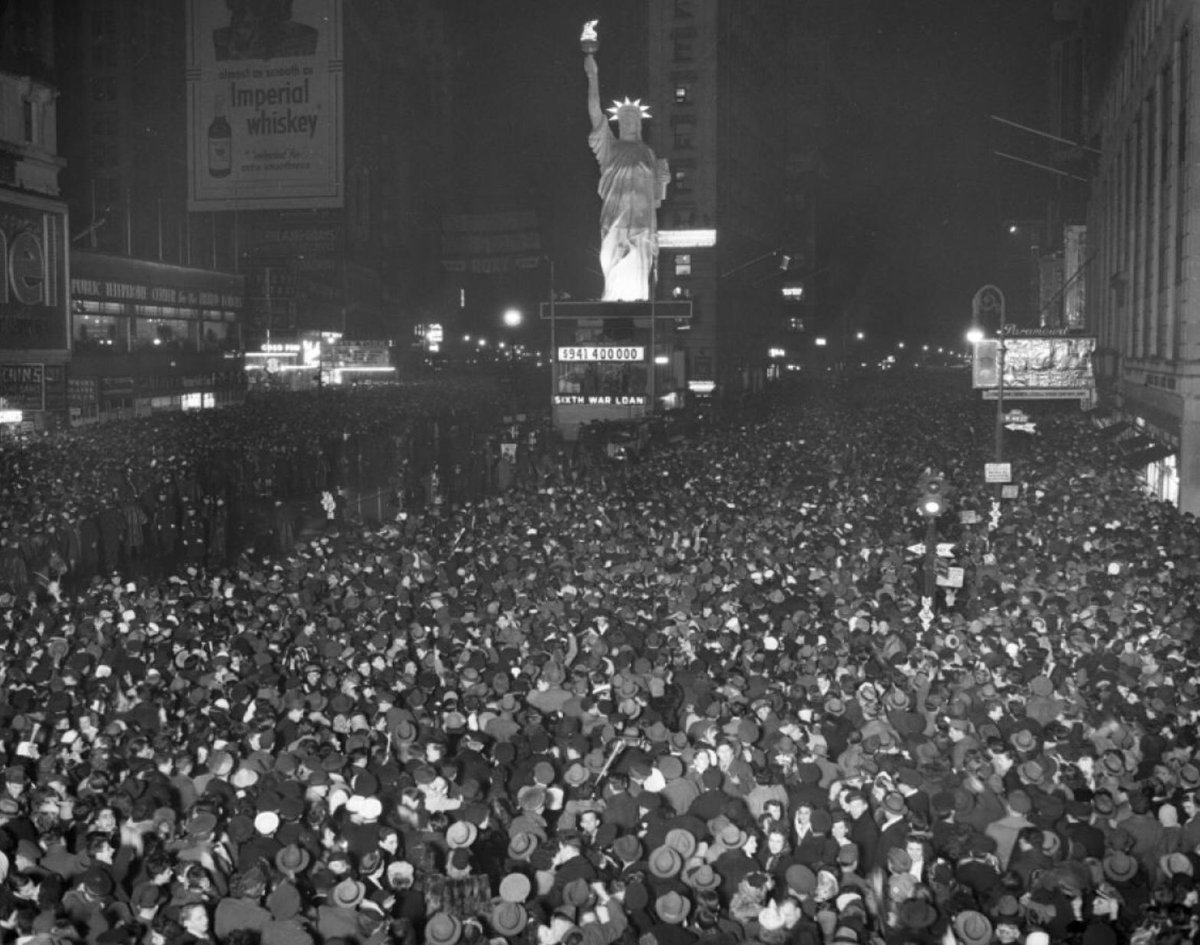2. The Alien Act: authorized the president to deport any alien considered dangerous to national security /3
4. The Sedition Act: targeted Americans themselves—by outlawing opposition to federal laws, and by making it illegal to publish criticism of the govt. /4













